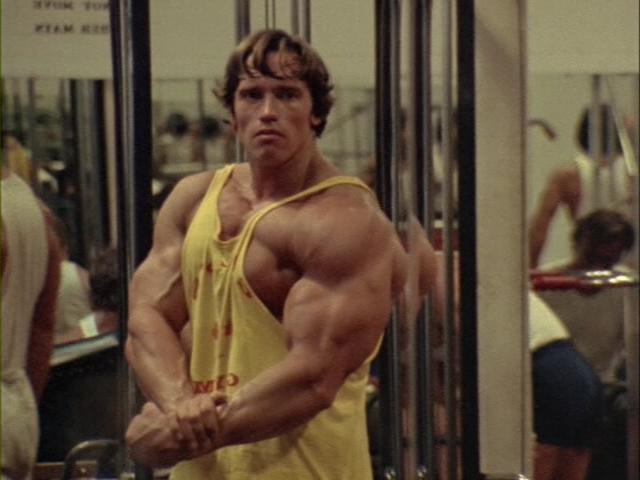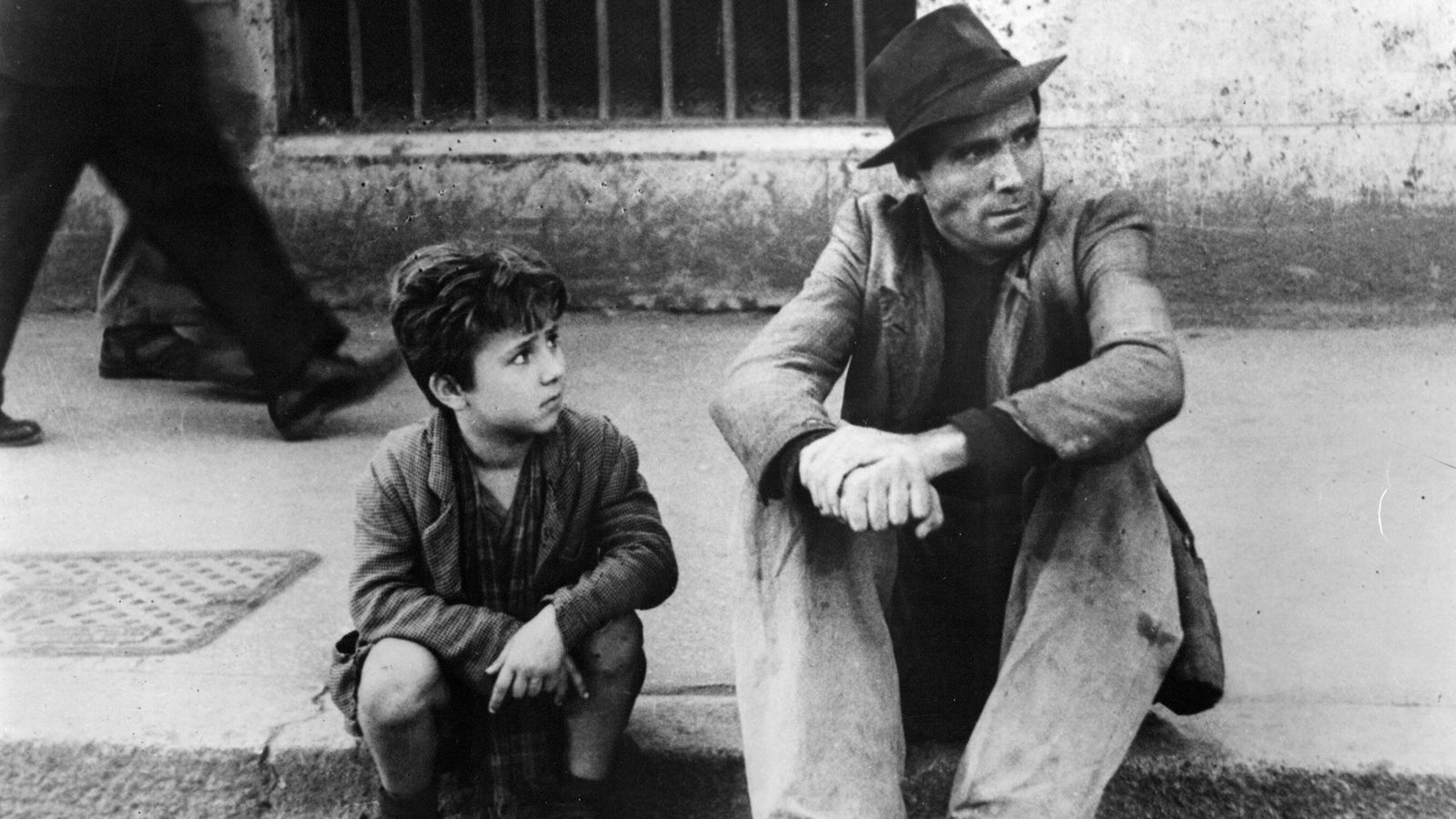KallioWeHardlyKnewYe
Hey! We won!
- May 30, 2003
- 15,510
- 4,009
Black God White Devil
Rocha (1964)
“It’s a small price to get into hell.”
Manolo wants to have his own land but his boss cheats him on a deal. In a heated moment he kills the boss and turns outlaw, running to the hills with wife Rosa. They fall in with/cross paths with a wild assortment of people and situations from a religious cult to an assassin to a band of anti-government rebels and in the end they’re left with … what exactly?
A kitchen sink of a film – big themes with the clashing of history and religion and politics with a nice dash of a pulpy revenge western mixed in.
I don’t have much real knowledge of Brazil’s history. I can make some assumptions from stuff depicted here. A vibe. A feeling. And I don’t know much about the director. Or, really, much about Brazilian film history. Lacking all these things I couldn’t help but have my mind make associations to creators I am more familiar with. Couldn’t help but think about Orson Welles in some ways for the grand and rambling narrative. Felt like one of those messy mid-career Welles movies where he kept losing foreign financing. Black God White Devil isn’t messy in that sense but there’s a episodic nature that had me thinking of Orson.
The western atmosphere and general bleakness REALLY made me think of Cormac McCarthy. I think the episodic nature played into that association as well.
Pretty compelling stuff.
Rocha (1964)
“It’s a small price to get into hell.”
Manolo wants to have his own land but his boss cheats him on a deal. In a heated moment he kills the boss and turns outlaw, running to the hills with wife Rosa. They fall in with/cross paths with a wild assortment of people and situations from a religious cult to an assassin to a band of anti-government rebels and in the end they’re left with … what exactly?
A kitchen sink of a film – big themes with the clashing of history and religion and politics with a nice dash of a pulpy revenge western mixed in.
I don’t have much real knowledge of Brazil’s history. I can make some assumptions from stuff depicted here. A vibe. A feeling. And I don’t know much about the director. Or, really, much about Brazilian film history. Lacking all these things I couldn’t help but have my mind make associations to creators I am more familiar with. Couldn’t help but think about Orson Welles in some ways for the grand and rambling narrative. Felt like one of those messy mid-career Welles movies where he kept losing foreign financing. Black God White Devil isn’t messy in that sense but there’s a episodic nature that had me thinking of Orson.
The western atmosphere and general bleakness REALLY made me think of Cormac McCarthy. I think the episodic nature played into that association as well.
Pretty compelling stuff.






